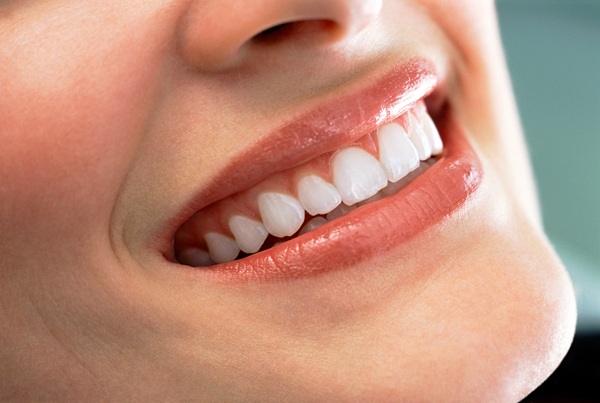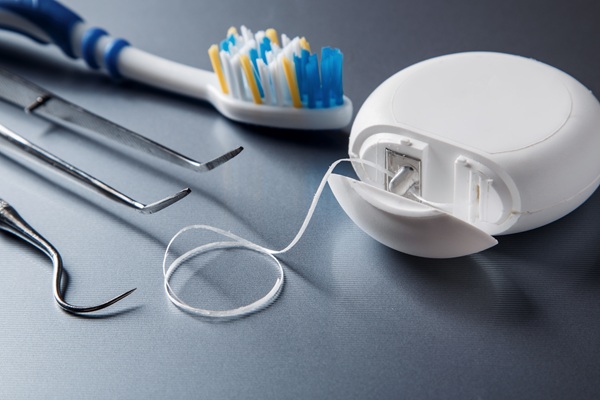Are you approaching late adolescence or early adulthood? As you may know, one of the many things that come to us when we’re about to enter those years is wisdom—both in life and in our oral health. But if you think that the emergence of your wisdom tooth brings you wisdom, that’s not exactly the case. Instead, for many Australians, this usually brings pain and discomfort. But what exactly causes this pain, and what can be done about it?
If you feel the same thing, you might have the same questions that pop into your head, too. In this article, let’s talk about what causes the pain in wisdom teeth, and the common issues associated with their eruption. We will also talk about the remedies that help wisdom tooth pain.
Why Wisdom Teeth Cause Pain
Wisdom teeth are the last set of teeth to make an appearance in your mouth. This typically erupts between the ages of 17 and 25 years old. During this time, our jaw is already full grown, so there’s not enough space for these teeth to grow smoothly.
No extra room for proper growth is the prime suspect behind wisdom tooth pain. Because of that, here are some of the results that you might feel while it’s growing:
Impaction
This usually happens when the erupting wisdom tooth is trapped beneath the gum tissue or bone because there’s no place appropriate for it to grow in. That means it becomes impacted. This can cause pressure and inflammation in the surrounding tissues, leading you to feel the pain.
Angulation
Sometimes, wisdom teeth may erupt at a different angle than your normal teeth, pushing against other teeth or the jawbone. This force can also lead to pain and discomfort.
Pericoronitis
When wisdom teeth partially erupt, a flap of gum tissue can trap food debris and bacteria. This can cause an infection called pericoronitis, leading to pain, swelling, and redness.
Gum inflammation
Even if wisdom teeth erupt fully, the gums surrounding them can become inflamed and irritated, especially during the eruption process. This can cause discomfort and sensitivity.
Common Issues Associated with Wisdom Teeth
If you think you’re fine with enduring the pain behind these wisdom teeth, they can actually bring more trouble than just “pain” and “discomfort.” Here are some additional issues to be aware of:
- Damage to nearby teeth: Impacted or angulated wisdom teeth can press against and damage neighbouring teeth. If this does not get treated early, this can become a huge inconvenience.
- Jaw pain: Pressure from erupting wisdom teeth can cause pain in the jaw that sometimes radiates to the ear or head.
- Difficulty chewing: The pain and inflammation that come from growing wisdom teeth can make chewing uncomfortable. Imagine not enjoying your favourite meal for the first time!
- Cyst or tumour development: In some rare cases, impacted wisdom teeth can contribute to the development of cysts or tumours in the jawbone. Fret not because these are usually non-cancerous, but they can be hostile and can expand or destroy the nearby bone or teeth.
- Bad breath: Food particles can be trapped around the wisdom tooth. When these are not removed through brushing or flossing, it can contribute to bad breath.
What Helps with Wisdom Tooth Pain?
While wisdom tooth pain can be a real drag, luckily, there are some wisdom tooth treatments you can try to manage discomfort until you see your dentist:
- Over-the-counter pain relievers: Medications like ibuprofen or paracetamol can help relieve the pain and inflammation you’re feeling.
- Saltwater rinses: Rinsing your mouth with warm salt water (half a teaspoon of salt in a glass of warm water) can also help reduce swelling and discomfort.
- Cold compress: Applying a cold compress to your cheek outside the affected area can help reduce inflammation and provide temporary pain relief.
- Pain relief gels: Topical gels containing benzocaine can numb the area and offer short-term relief.
It’s important to note that these are just temporary solutions to the inconvenience the wisdom tooth brings. It’s still better to see your dentist for a proper diagnosis and a wisdom tooth treatment plan. They can assess your wisdom teeth and recommend the best course of action, which might involve:
- Monitoring: If your wisdom teeth aren’t causing major problems, your dentist might recommend monitoring them for any changes before jumping to the next course of action.
- Wisdom tooth removal: In most cases, wisdom teeth that are causing pain or other issues are recommended for wisdom tooth removal. This is a surgical procedure typically performed by an oral surgeon or dentist.
When to See Your Dentist About Wisdom Teeth
If you’re experiencing any wisdom tooth pain, swelling, or discomfort, it’s important to schedule an appointment with your dentist as soon as possible. Early diagnosis and treatment can help prevent complications and ensure a smoother wisdom tooth experience.
Here are some signs that warrant a prompt visit to the dentist:
– Severe and persistent pain
– Difficulty opening your mouth
– Facial swelling or redness
– Fever
– Bad breath or a bad taste in your mouth
Keep the Wisdom Tooth Pain Away!
Wisdom teeth can be a source of pain and trouble for many Australians but remember not to suffer in silence. Early consultation with your dentist is key to managing discomfort and ensuring a healthy outcome.
Ready to bid farewell to wisdom tooth pain? Schedule a consultation with Bellevue Hill Dental today and let our expert team hold your hand as you reach a hassle-free smile! Book a service now or call our line at +61 2 5849 6569.



